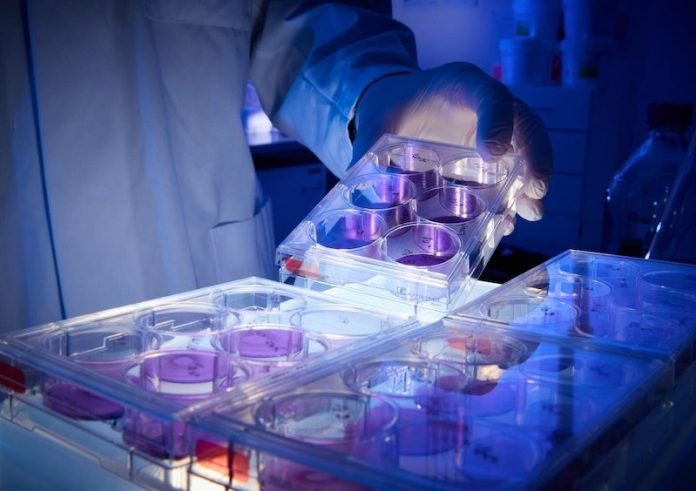
In a new study, researchers identified and further developed novel antibody fragments against the COVID-19 virus.
These “nanobodies” are smaller than classic antibodies penetrating the tissue better and can be produced in larger quantities.
The researchers also combined the nanobodies into potentially particularly effective molecules attacking different parts of the virus simultaneously.
The approach could prevent the pathogen from evading the active agent through mutations.
The research was conducted by a team at the University of Bonn (Germany) and elsewhere.
Antibodies are an important weapon in the immune system’s defense against infections. They bind to the surface structures of bacteria or viruses and prevent their replication.
One strategy in the fight against disease is, therefore, to produce effective antibodies in large quantities and inject them into the patients.
The outgoing US President Donald Trump probably owes his rapid recovery to this method.
However, the antibodies used to treat him have a complex structure, do not penetrate very deeply into the tissue and may cause unwanted complications.
Moreover, producing antibodies is difficult and time-consuming. They are therefore probably not suitable for widespread use.
In the study, the team focused on another group of molecules, the nanobodies.
Nanobodies are antibody fragments that are so simple that they can be produced by bacteria or yeast, which is less expensive.
However, the immune system produces an almost infinite number of different antibodies, and they all recognize different target structures.
Only very few of them are for example capable of defeating the SARS coronavirus-2. Finding these antibodies is like searching for a single grain of sand on Germany’s Baltic coast.
The team first injected a surface protein of the coronavirus into an alpaca and a llama.
The immune system then produces mainly antibodies directed against this virus. In addition to complex normal antibodies, llamas and alpacas also produce a simpler antibody variant that can serve as the basis for nanobodies.
A few weeks later, the researchers took a blood sample from the animals, from which they extracted the genetic information of produced antibodies.
In a complex process, they extracted those that recognize an important structure on the surface of the coronavirus, the spike protein.
Four molecules actually proved to be effective against the pathogen in cell cultures.
The researchers also exploit another major advantage of nanobodies over antibodies: Their simple structure allows straight forward combinations to form molecules that can be several hundred times more effective.
Dioscure Therapeutics, a spin-off of the University of Bonn, will test the nanobodies in clinical studies.
One author of the study is Dr. Florian Schmidt.
The study is published in Science.
Copyright © 2021 Knowridge Science Report. All rights reserved.



